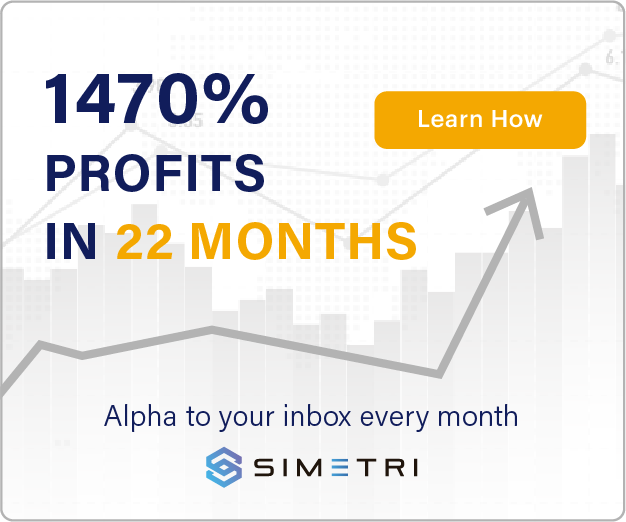DeFi Had its Best Quarter Ever in Q2: ConsenSys Report
Key Takeaways
- About 2.91 million unique addresses used at least one DeFi protocol by the end of Q2, representing a growth of 65% growth from Q1.
- Ethereum wallet MetaMask surpassed 7.3 million active monthly users by the end of Q2.
- Decentralized exchanges saw the highest volume ever in Q2, totaling $343 billion.
ConsenSys has reported that DeFi saw its biggest quarter yet in Q2, with more than 7.3 million active monthly MetaMask users and decentralized exchange volumes surpassing those of Coinbase in Q1.
DeFi Records Highest Growth Yet
The latest DeFi report from blockchain software company ConsenSys revealed that decentralized finance saw its highest growth yet in the second quarter of 2021.
DeFi, or decentralized finance, refers to financial services or protocols built on top of decentralized networks or blockchains that don’t rely on various intermediaries or centralized custodians. DeFi currently accounts for only 5.7% of the total cryptocurrency market capitalization but represents one of the fastest-growing sectors within the larger digital assets industry.
According to the latest report from ConsenSys, by the end of the second quarter of 2021, roughly 2.91 million unique addresses had interacted with at least one DeFi protocol, which marks a 65% growth on to the first quarter. Meanwhile, the number of active monthly users of the leading non-custodial wallet MetaMask surpassed 7.3 million by the end of the second quarter.
Possibly the biggest testament to the growth of DeFi is the rising trading volumes on decentralized exchanges. In the second quarter alone, decentralized exchanges saw a cumulative trading volume of $343 billion, surpassing Coinbase’s trading volumes in Q1. Approximately 58% of Coinbase’s trading volume comes from Bitcoin, while decentralized exchanges enable trading only Ethereum-based assets.
In terms of trading volume market share, Uniswap is currently leading among decentralized exchanges. Its market share dominance increased from 60% to 74% throughout the second quarter, helped partly by the launch of the significantly more capital-efficient Uniswap V3 upgrade.
Stablecoins on the Rise Despite Regulatory Concerns
Stablecoin supply also grew by more than 60% in Q2 even as the synthetic assets land in the crosshairs of global regulators. According to the ConsenSys report, aggregate stablecoin supply currently sits at $65 billion, while according to CoinGecko data, the supply is closer to $116 billion.
Interestingly, Tether’s USDT market share dominance fell by 10% from Q1 to Q2, currently sitting at 48%. While the real reasons for the decline in Tether’s dominance are unclear, it’s reasonable to suspect that the long-standing questions surrounding Tether’s backing and recent news that the company is facing a criminal probe from the U.S. Department of Justice concerning bank fraud allegations could be a factor.
The ConsenSys report estimates that the top 20 decentralized autonomous organizations or DAOs currently hold more than $6 billion worth of digital assets in their treasuries. The report explained:
“DAOs have been able to flourish largely because of the emerging tooling and development ecosystem that is increasingly providing the necessary functions to support these new organizational structures.”
ConsenSys also remarked that “governance (through DAOs) now drives changes in most major DeFi protocols.” Synthetix and Compound were highlighted as two of the projects with the most active on-chain governance. Other renowned DeFi projects such as Yearn.Finance, Uniswap, and Aave typically only deal with more significant proposals and have less active DAOs.
DeFi Attracting Institutional Capital
The report also noted that an increasing number of institutional investors—lured by exceptional investment returns—are now stepping into the space.
While onerous regulatory and compliance requirements still represent a significant barrier to entry for larger financial entities, smaller and mid-cap crypto funds have already flooded into the space.
According to ConsenSys, this movement is only the beginning of a bigger trend. A PWC paper quoted in the report found that 47% of traditional hedge fund managers, representing $180 billion of assets under management, are looking at investing in crypto. An Intertrust survey also recently revealed that hedge funds are expecting to allocate 7% of their assets in crypto in the next five years.
“It’s not just the tooling and infrastructure around DeFi that is being built. DeFi itself is also innovating to provide access to institutional finance,” explains ConsenSys, pointing to Aave’s permissioned lending pools and Compound’s recently launched Compound Treasury—a product allowing institutions to earn a fixed interest of 4% a year.
With 10-year bond yields currently sitting at 1.19%, stablecoin yields in DeFi have become more attractive to institutions. Providing USDC liquidity on Aave currently yields 6.27% APR, while Yearn’s USDC and USDT vaults yield 4.7% to 6.2% APR respectively—yields currently nowhere to be seen in the TradFi space.
The information on or accessed through this website is obtained from independent sources we believe to be accurate and reliable, but Decentral Media, Inc. makes no representation or warranty as to the timeliness, completeness, or accuracy of any information on or accessed through this website. Decentral Media, Inc. is not an investment advisor. We do not give personalized investment advice or other financial advice. The information on this website is subject to change without notice. Some or all of the information on this website may become outdated, or it may be or become incomplete or inaccurate. We may, but are not obligated to, update any outdated, incomplete, or inaccurate information.
You should never make an investment decision on an ICO, IEO, or other investment based on the information on this website, and you should never interpret or otherwise rely on any of the information on this website as investment advice. We strongly recommend that you consult a licensed investment advisor or other qualified financial professional if you are seeking investment advice on an ICO, IEO, or other investment. We do not accept compensation in any form for analyzing or reporting on any ICO, IEO, cryptocurrency, currency, tokenized sales, securities, or commodities.
See full terms and conditions.
Source: Read Full Article





